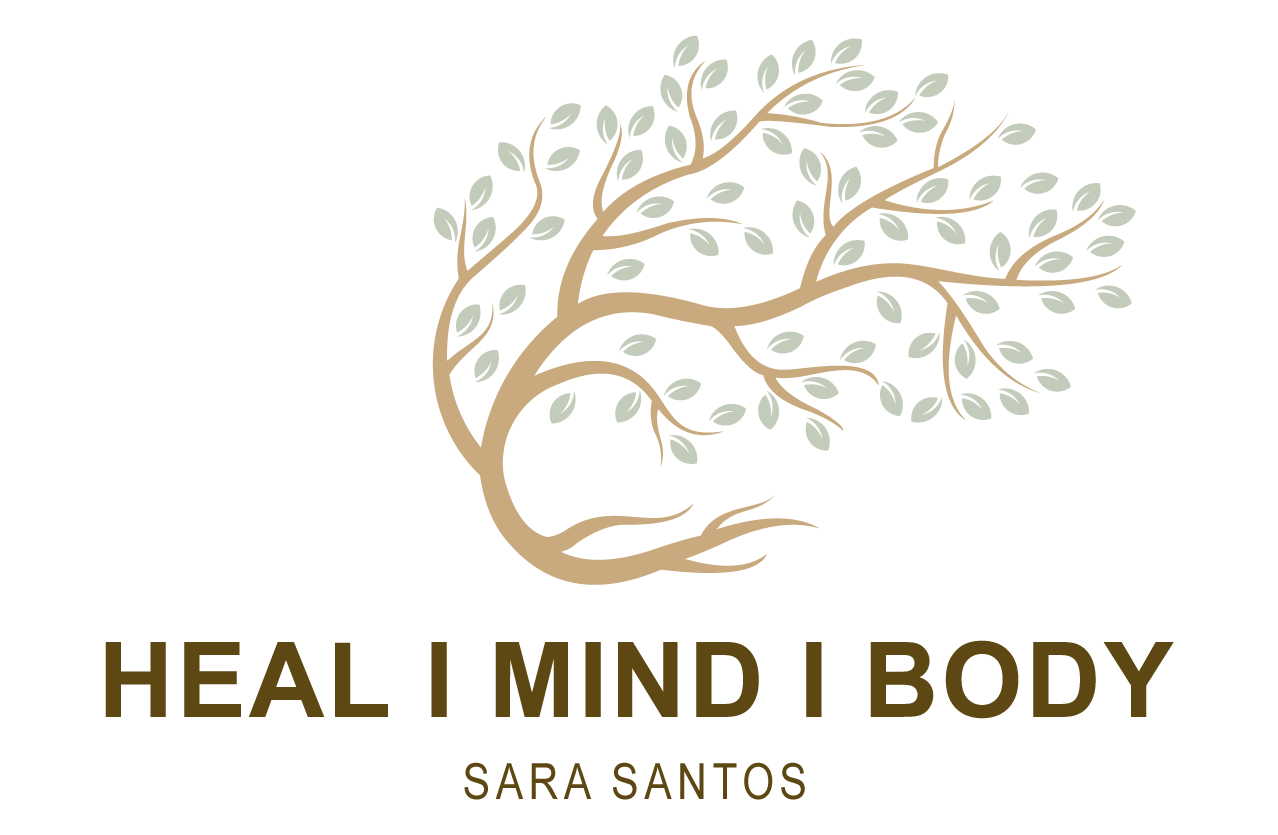Many of my clients seeking guidance in finding physical and emotional balance to heal chronic pain and persistent health symptoms overlook the power of honouring our basic physical needs. Often, they issues are rooted in nervous system dysregulation (different causes underlying), but we frequently overlook our most basic physical needs, which are essential for regulating our nervous system and improve most of those symptoms.
It’s easy to let these needs slip by as we prioritise productivity, external commitments, others people needs and even mental tasks. This often leaves crucial aspects of our well-being—like sleep, nutrition, movement, and rest—unattended. Yet, these fundamentals form the baseline of a healthy, balanced body. When neglected, the body responds with stress, which can heighten chronic pain, exacerbate persistent symptoms, and trigger anxiety. Recognising and honouring these needs is not just about maintaining health—it’s also key to healing long-standing physical and emotional issues.
The Importance of Meeting Basic Physical Needs
Our bodies are designed to function optimally when their basic needs are met. These include:
- Proper Nutrition: Nourishing our bodies with balanced, nutrient-rich foods fuels our cells to function, repair, and thrive. On the other hand, poor nutrition can contribute to fatigue, pain, inflammation, and stress within the body.
- Sleep and Rest: Adequate sleep is essential for healing. During deep sleep, the body repairs tissues, balances hormones, and processes emotional stress. Chronic sleep deprivation can worsen pain sensitivity, weaken immune function, and affect mental health, contributing to a vicious cycle of anxiety and discomfort.
- Movement and Physical Activity: Movement is not just about staying fit—it also supports proper circulation, nervous system regulation, and emotional release. Gentle activities such as walking, stretching, or yoga can help release tension, reduce stress, and improve symptoms.
- Hydration: Water is vital for every system in the body. Dehydration can lead to muscle tension, headaches, and fatigue, which are common among those experiencing chronic pain and anxiety.
- Breathing: The quality of our breath plays a critical role in nervous system function. Shallow, rapid breathing signals stress and anxiety, keeping the body in a heightened state of alertness. Deep, mindful breathing can calm the nervous system, bringing the body back to a state of balance.
How Neglecting These Needs Contributes to Body’s Dysregulation.
Chronic pain and symptoms, whether due to fibromyalgia, irritable bowel syndrome, or anxiety, often come from nervous system dysregulation. When our basic physical needs are not met, the body perceives this as stress. Over time, this stress can push the body into chronic inflammation or overactivation of the nervous system, keeping it in a constant fight-or-flight mode.
- Chronic Stress and Nervous System Dysregulation: When the body lacks essential care, like rest or proper nutrition, it interprets this neglect as a threat. The nervous system responds by becoming hypersensitive, which can manifest as chronic pain, digestive issues, migraines, and more. Anxiety often accompanies this state, as the body remains on high alert, anticipating danger.
Steps to Start Covering Your Basic Physical Needs
By consistently meeting our basic physical needs, we send a message of safety to the nervous system, allowing the body to heal both physically and emotionally. To embark on this healing journey, it’s important to take small, sustainable steps:
- Prioritise Sleep: Create a consistent bedtime routine that promotes restful sleep. This could include calming activities like reading, gentle stretches, or a meditation practice. Avoid screen exposure 1-2 hours before bed, and get morning sunlight exposure to regulate your circadian rhythm (sleeping issues are often mind-body related). Other practices that can help you with sleep are yoga nidra, regular relaxation periods, energy healing practice such as reiki, sound healing.
- Balanced Nutrition: Focus on whole, unprocessed foods rich in vitamins and minerals. If you experience digestive issues, consider how stress and emotions may impact gut health, as these factors often play a key role in chronic symptoms.
- Gentle Movement: Engage in activities that feel good to your body. This might include a short walk in nature, light yoga, or somatic practices like shaking or dancing to release tension and regulate your nervous system.
- Hydration and Breathwork: Drink plenty of water throughout the day, and pay attention to your breathing. Try practices like deep belly breathing or longer exhalations to calm the nervous system, especially in moments of stress.
- Self-Compassion: Recognise that meeting your basic needs is an act of self-love and care. Be gentle with yourself as you take steps toward this essential foundation for healing.
Meeting your physical needs is vital for a healthy body. Make sure this is taken care when you delve into your own healing journey. If you need support with any of these, look out for a professional that can help you.

